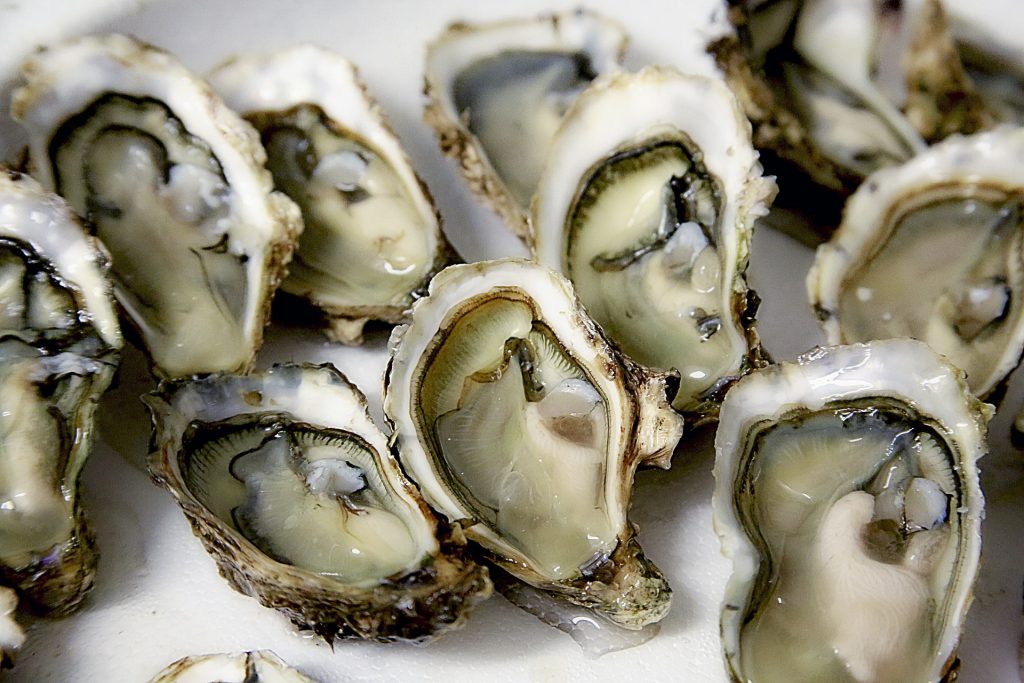Zinc is an essential mineral for human health. It is needed to create proteins and DNA in the body, making it vital for normal growth and development, especially during pregnancy, infancy, and childhood. Zinc also supports the immune system, is important in wound healing, and contributes to the development of sense of smell and taste.

How much do I need?
- 8 milligrams per day for women 19 years and older
- 11 milligrams per day for men 19 years and older and pregnant women
- 12 milligrams per day for breastfeeding mothers
For recommendations for infants, children, and teens, check out the chart in National Institute of Health’s Fact Sheet: Zinc
Food sources
Red meat and poultry are great sources of zinc. Other good sources are certain seafood such as lobsters and crabs, dairy products, and fortified breakfast cereals. Zinc is also present in some plant-based foods like beans, nuts, and whole grains. However, the form of zinc found in plant foods is not as readily available for use in the body compared to the zinc from animal-based foods.
What happens if I don’t get enough?
Zinc deficiency is rare in the US, and it is difficult to identify because symptoms are common to other health problems. Symptoms include hair loss, diarrhea, weight loss, skin issues, and problems with taste and smell. Low levels of zinc can also lead to slow growth and development and problems with wound healing.
Can I get too much?
Zinc toxicity does not usually occur when it is consumed from food sources. However, excess zinc from supplements can result in nausea, vomiting, loss of appetite, stomach cramps, and diarrhea. Over a long period of time, excess zinc may lead to lower immunity or interfere with the absorption of copper and iron.
Did You Know?
Oysters are one of the best sources of zinc. In one 3 oz. serving of oysters there are 14 milligrams of zinc, which is more than the daily recommended amount. Oysters can be enjoyed in moderation, cooked or raw. If you plan to eat them raw, please be aware that it may increase your risk of foodborne illness.

